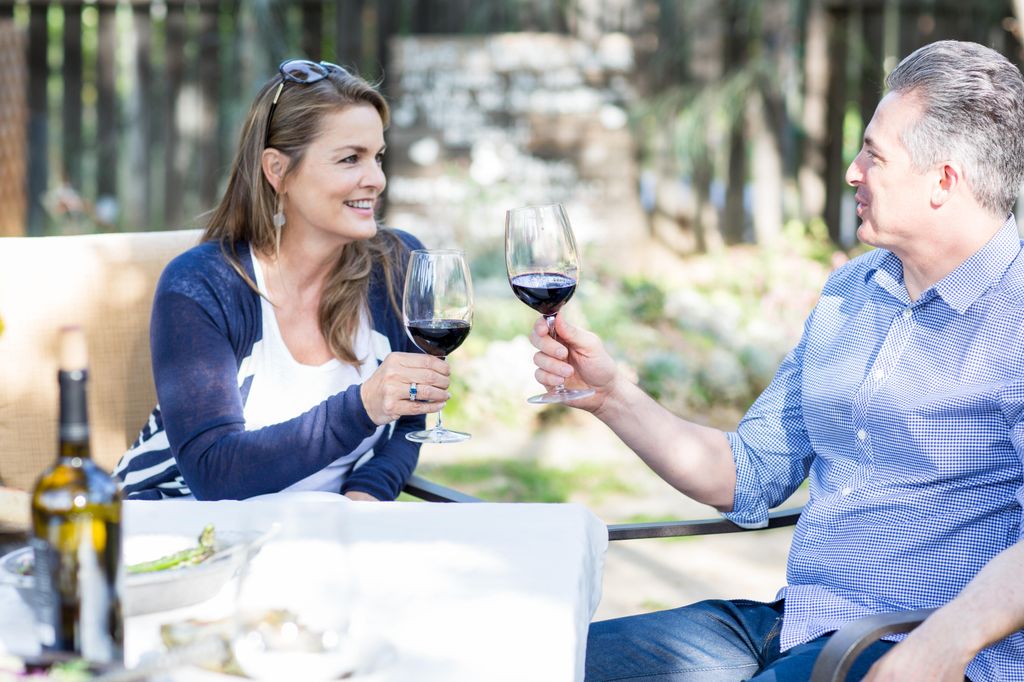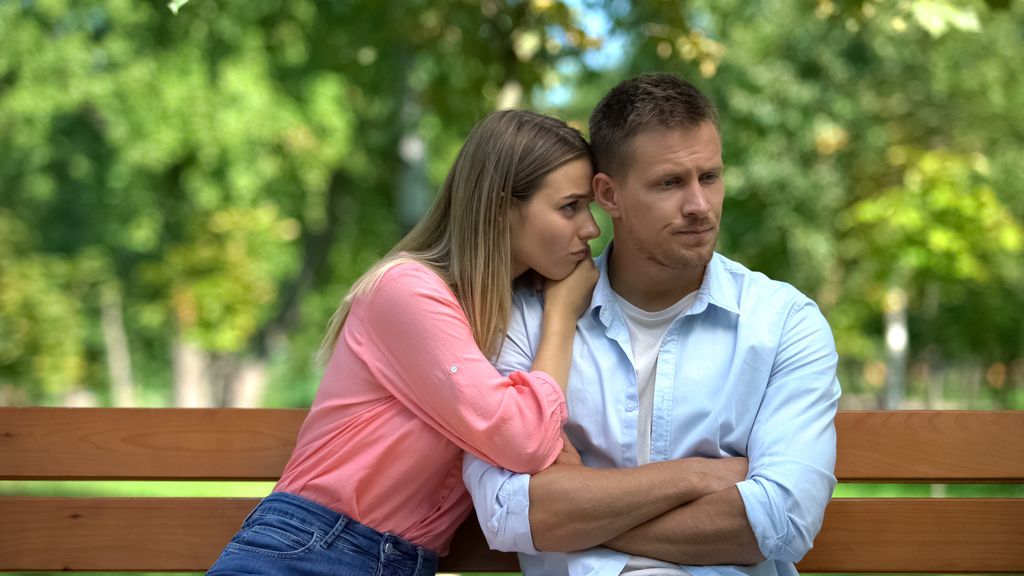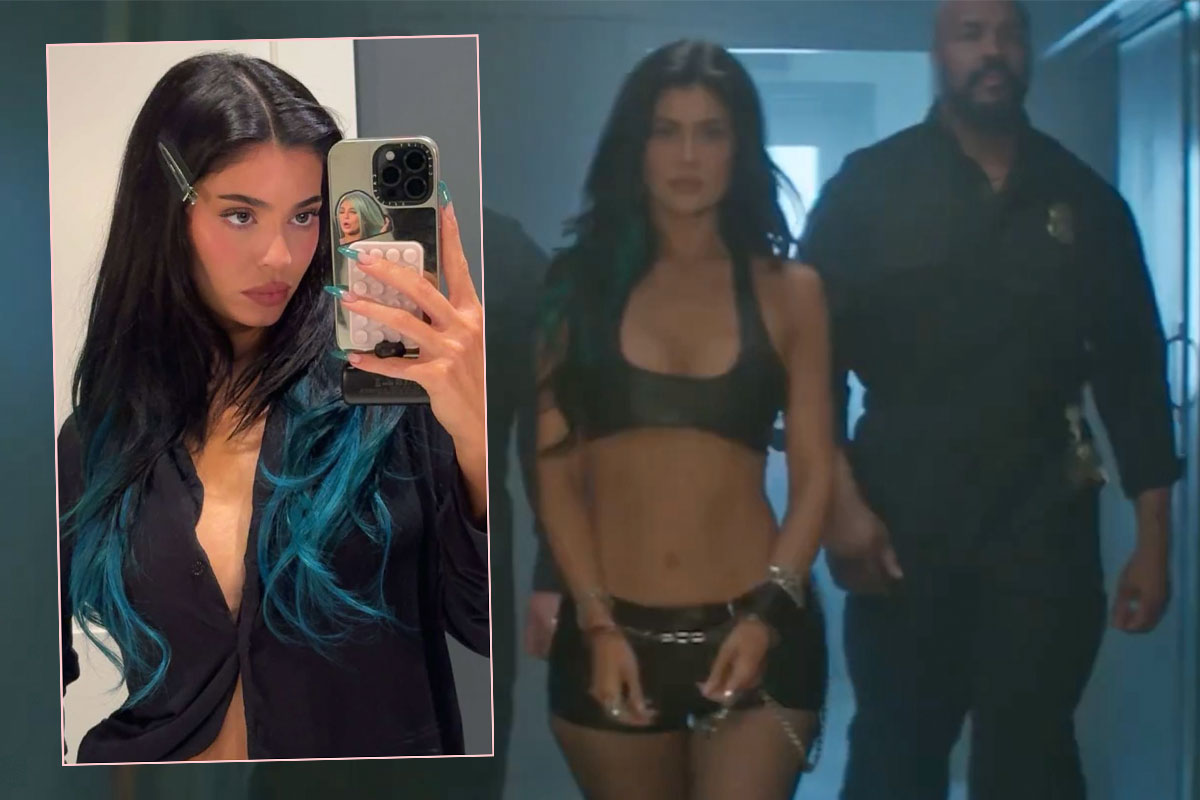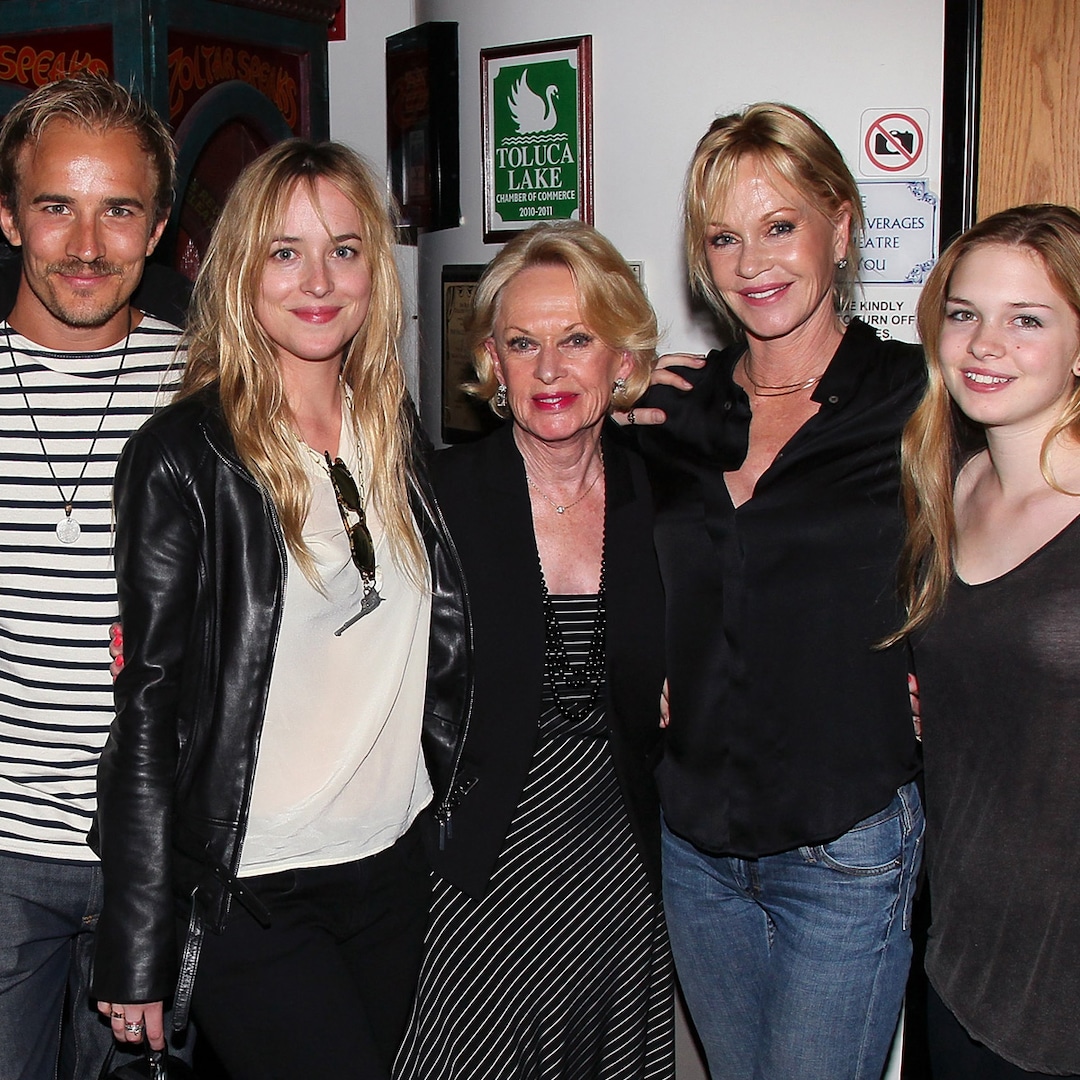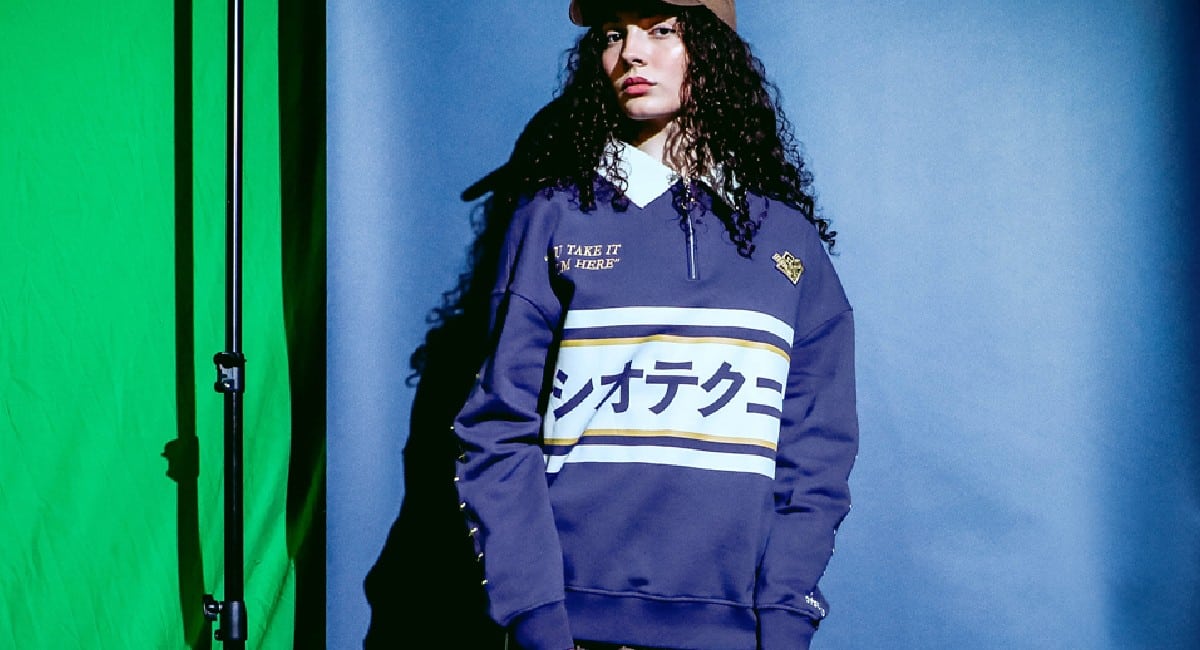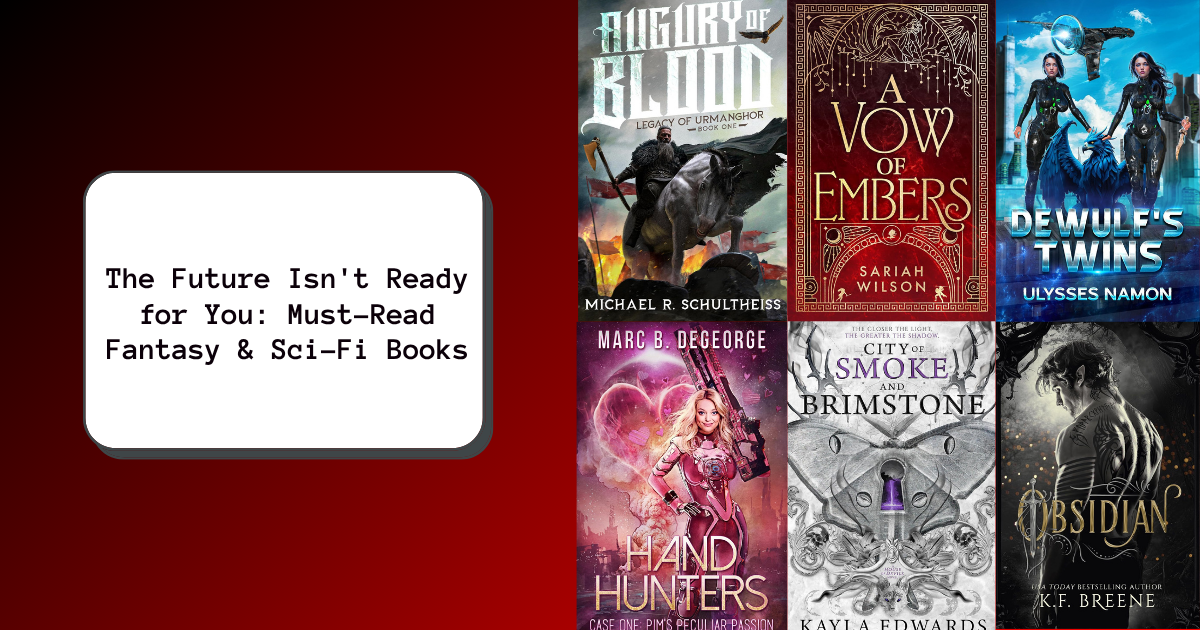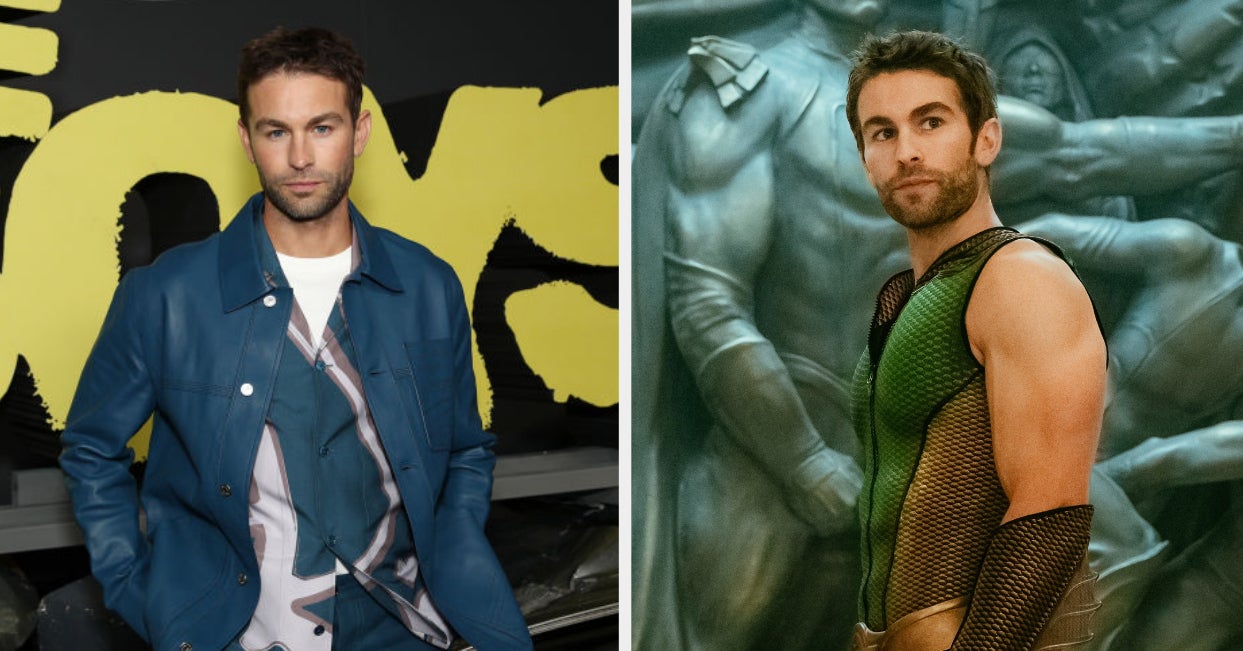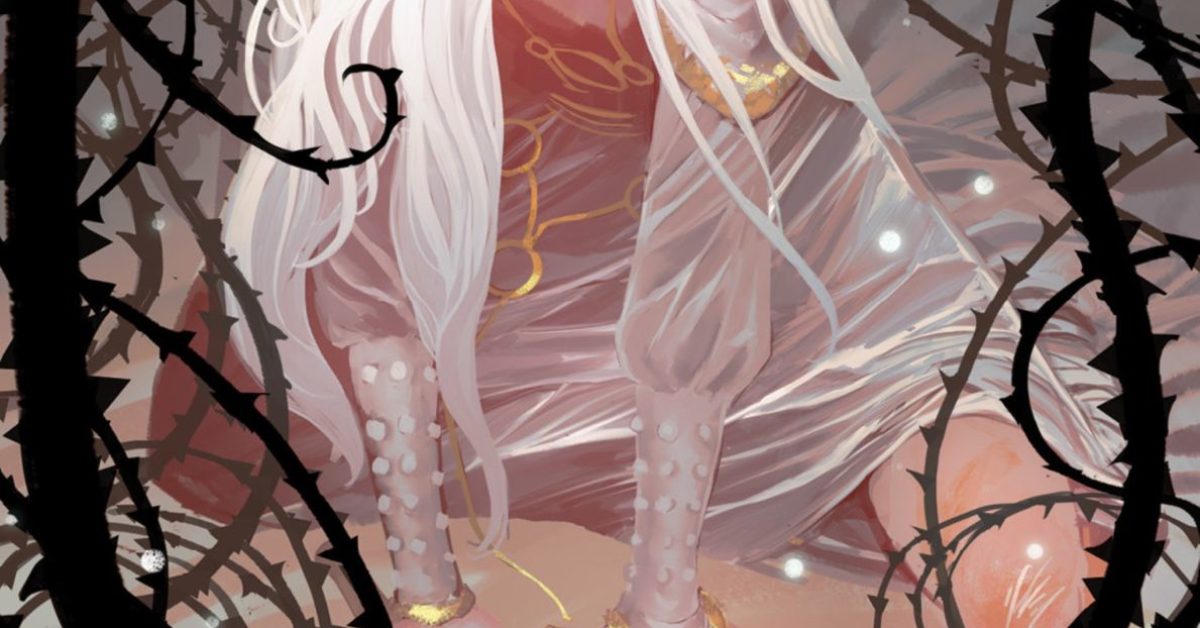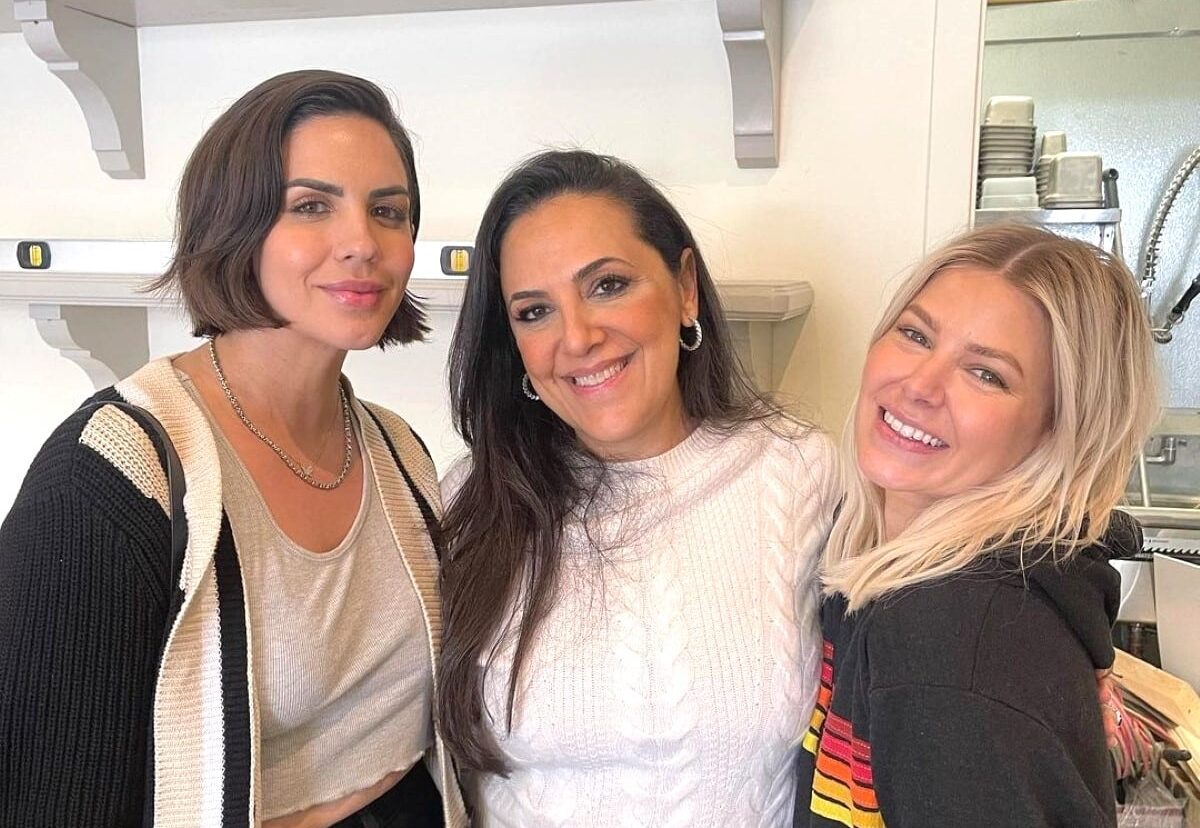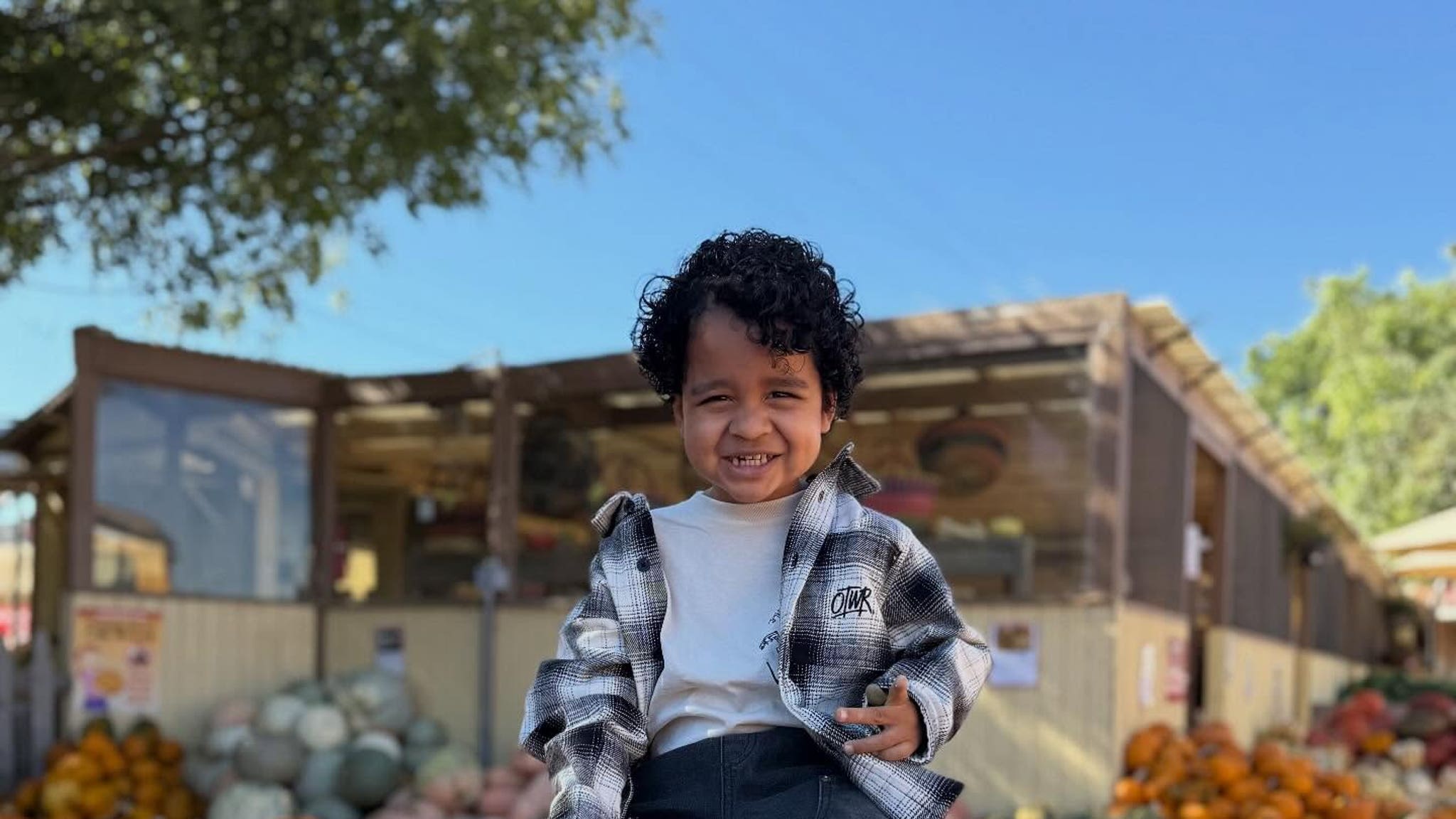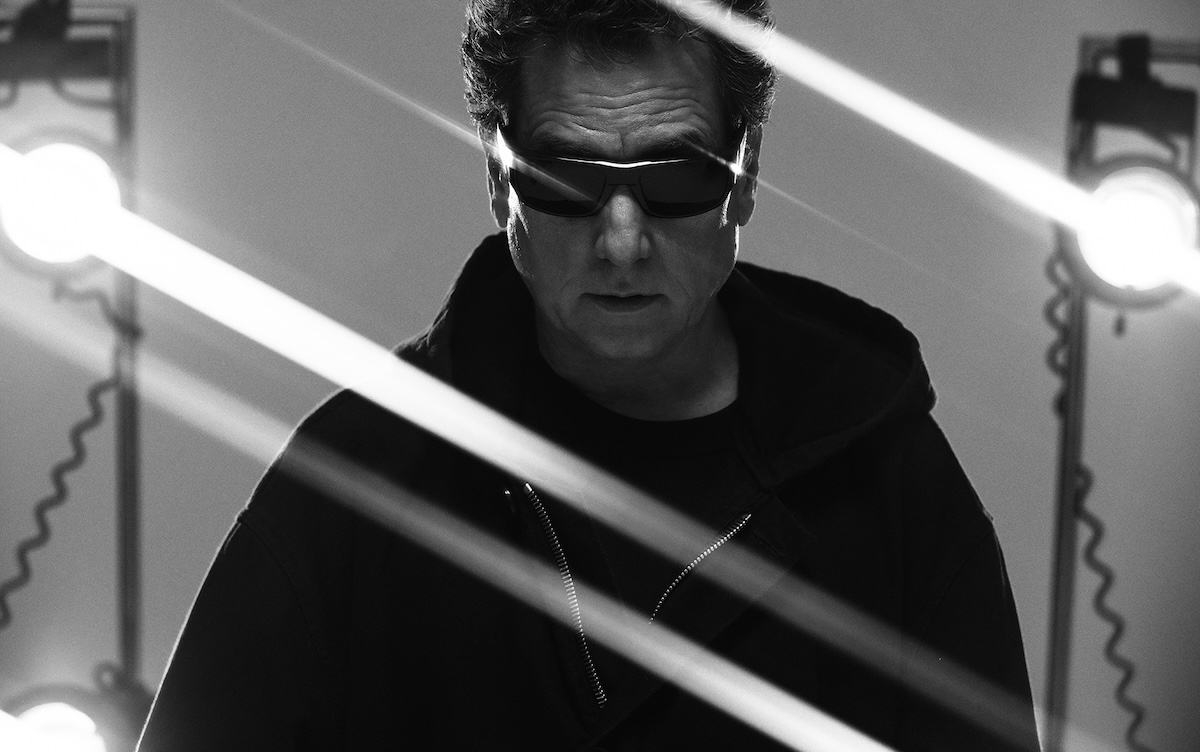When looking for a partner, it’s normal to try to find our perfect match, our soulmate, ‘The One’. That’s the dream, really, but we also can’t help but wonder if our absolute ‘other half’ really exists. So, is it possible to find THE ideal partner? Relationship expert Montse Cazcarra has a short – and a long – answer: “No. The perfect partner does not exist,” she says. But, she adds: “What does exist is the partner that we’re more compatible with in terms of the way we think, our attachment style and our values.” Does personality influence our choice of partner, and is it most important when it comes to maintaining a healthy and lasting relationship? “Personality is very important,” says the couples therapist. “Traditional personality traits like emotional stability, kindness, and a person’s ability to commit – really being there for you – are key indicators for developing a good relationship.
“But I will add that the concept of ‘personality’ is often too simple. I prefer to look at deeper factors: how we handle our emotions and problems, our comfort level with both intimacy and distance, and how we’ve managed our past emotional wounds. I also like to consider how we handle conflict – do we run from it or approach it calmly? – and feelings of abandonment and rejection.”
Do opposites attract?
“Opposites may attract, but a relationship between two people with opposing traits doesn’t guarantee success,” she says. “In fact, these differences can actually create conflicts which then lead to power imbalances and one-sided dynamics.”
Certain types of opposites can be seen in different relationships. “For example, some couples are anxious-avoidant – one person has a tendency towards anxious attachment [including fear of abandonment] while the other one has a tendency towards avoidant attachment [such as fear of intimacy]. Or, they may be what we describe as ‘saviour and saved’. That is, one person assumes responsibility for the other, while the other allows themselves to be cared for.
“Dynamics like these happen because, to some extent, they work: they offer us control but also grant secondary benefits to both people. But these couples also experience relationship burnout, and they also have a higher rate of conflict.
“What we should aspire to are relationships where power and responsibility are equally distributed between us both. That is: ‘I take care of you, you take care of me; I can make my own decisions for myself and you make yours. And when it comes to the two of us, we make decisions together.'”
Understand yourself before looking for a partner
According to the therapist, inner work can really determine your success or failure when it comes to finding a partner. The reason? We don’t always know ourselves well enough to be clear about what we really want. “Working on ourselves offers us a clearer and more conscious vision of how we relate both to ourselves and to others,” explains the psychologist. “From there, we can make more conscious decisions and learn to protect ourselves in a healthy way.”
To get to know yourself in terms of relationships, you should explore:
- Your attachment style. In what situations do you connect with someone? Do you need to distance yourself from them to regulate your emotions? How do you feel about emotional intimacy – or, in contrast, emotional distance?
- Childhood trauma. Do you have a history with abandonment, rejection, injustice, betrayal or humiliation? Do you experience feelings of inadequacy or insufficiency? Do you have a tendency toward hyper-independence?
- How you handle emotions. What is your relationship with uncomfortable emotions such as anger or sadness?
- What protective strategies you use. For example, in a situation that you interpret as a possible abandonment, do you 1) Try to stop them from leaving; 2) Leave before you can be abandoned; or 3) Sabotage the relationship to feel more in control and avoid feeling vulnerable?
Self-compassion plays a key role when you’re walking this path of self-discovery. “It helps to treat ourselves with kindness, to embrace empowerment and not fall into self-judgement or self-flagellation. It’s an essential starting point for building a relationship from a kinder place.”
“If we’re not aware of our own attachment style, we might be attracted to – or even start a relationship with – someone whose behaviour will be a constant trigger”
How our attachment style influences our choice of partner
“If we’re not aware of our attachment style, we might be attracted to – or even start a relationship with – someone whose behaviour will be a constant trigger,” the expert warns. Relationships should be spaces for growth that take us out of our comfort zone. “If you find it difficult to show vulnerability, then a partner who validates you, welcomes your most emotional side and supports your sensitivity will help you stop relying on emotional disconnection as a protection strategy.”
In another example, she notes: “If you have a fear of abandonment, a reliable partner who you know will always be there for you and will always respond but doesn’t always answer you immediately, will help you step out of your comfort zone.” The key in that case, though, is the reliability. “Someone who is unreliable will push you out of your comfort zone, but that’s too confrontational for you to explore something safe. The relationship would be a constant trigger that would exacerbate your wounds instead of helping you heal.”
You have to feel secure so your experience will be rewarding, but most importantly, will help you grow enough to finally leave insecure attachment styles behind.
5 signs that someone is emotionally compatible with you
The relationship expert says that you should ask yourself these five questions when considering a potential partner:
- Do you share a similar outlook on life and relationships?
- Do you have compatible views when it comes to roles and limits in a partnership?
- Do you both relate to emotional intimacy and distance in a compatible way?
- Do you both see conflict as an opportunity for growth and want the relationship to be a safe space, even during disagreements?
- Is the person emotionally available and reliable?
Mistakes we can make when choosing our ideal partner
When looking for a partner, we often gravitate toward what is familiar to us, someone who is a continuation of what we already know, because that is how one or more caregivers functioned in the past. “Our nervous system interprets the familiar as safe, simply because it already knows how to cope. Our nervous system is naturally designed to guarantee survival, not to seek out happiness or calm.”
Sometimes you may get involved with the wrong person because of reasons that have more to do with your emotional history than with logic or common sense. What the person offers you may be familiar, and if you suffer from low self-esteem, you may have a hard time believing that you deserve any better.
You may also just really want a relationship which finally works out, so you cling to it instead of letting go and taking the risk that another may or may not appear. Instead of focusing on whether they are the person you want, you’re hoping that they will choose you. There are also people who look at being in a relationship as a personal challenge: to make their other half change.
“We know logically that being single doesn’t make us less valid, but emotionally, the experience can be very different”
How social pressure and fear of loneliness can condition partner choice
Sometimes, the need to find a romantic partner is actually a result of comparing your life to that of those around you and feeling left behind. “We know logically that being single doesn’t make us less valid, but emotionally, the experience can be very different, especially when you’re constantly surrounded by couples who are taking the steps ‘forward’ – moving in together or starting families,” Cazcarra points out.
This gap between what we ‘know’ and what we feel can generate a sense of inadequacy which is only worsened by society’s broader message. “The couple can be the central structure to so many everyday things in life, whether sharing expenses, making important life decisions or planning for the future. So if you don’t have a partner to share these things with, you might start feeling that your life is lacking.”
Being single, she says, is not a failure – remaining single as a conscious choice is a perfectly valid option. “The real mistake would be embarking on a relationship to avoid emotional discomfort, or staying in a bad one that’s harming your well-being,” she says. “Phrases like, ‘You’re so gorgeous, how are you still single?’ continue to reinforce the idea that being in a couple puts us on another, higher level. And that’s just not the case.”
The keys to discovering what type of partner suits you best
When you ask yourself what type of partner is most suitable for you, it’s worth going beyond the typical “wish list” of qualities. The answer is most likely found in your own past, explains Cazcarra.
“We can explore what type of partners we have chosen in the past, and how we’ve chosen them,” she proposes. There can be a jump between the version of you who ‘needs’ to be chosen in order to feel worthy or less abandoned, and the mature version who knows what they want and bravely makes decisions that are in their own best interest.
It is also revealing to think about whether you chose your past partners, or you allowed yourself to be chosen – the difference could be down to your self-esteem. “If I don’t feel like I’m enough, I can’t afford the luxury of choosing. And then I don’t even consider whether what the other person offers fits with what I’m looking for or need.”
The psychologist points out that some people choose partners who look great on paper, who have an amazing career, a successful life and admiration from others, but forget about other important factors. Some may choose a partner who needs to be ‘saved’ in hopes that that way they won’t be abandoned. Or similarly, chase inaccessible “bad boys” thinking that they’ll be the ones to change them.
“Explore how you’ve felt in previous relationships, what you want in future ones and what you definitely don’t want to repeat,” she advises. “You also have to question your own ideas. For example, if you confuse butterflies with anxiety, intensity with connection or attraction with compatibility.”
How to avoid idealisation when getting to know a new partner
Building a relationship from a more conscious foundation also involves learning to identify what’s happening when we feel attracted to someone. According to Cazcarra, each person has different “voices” or sub-personalities that automatically emerge. Observing your own relationship patterns allows you to understand why you feel what you feel or act in a certain way, and how you make decisions. “It’s essential to understand our inner voices that are guiding us when we’re getting to know someone,” she explains.
What can this look like? You might discover that you’re someone who:
- Idealises your partner from the start.
- Deceives yourself so as not to see hurtful red flags.
- Avoids feeling deeply by setting standards so high that no one meets them.
- Throw yourself into every relationship because you love to experience everything intensely.
- Sabotages the bond to avoid feeling vulnerable, and quits the relationship first before you can be abandoned.
- Is a people pleaser, even at your own expense, just to be chosen.
“Looking at ourselves from this standpoint helps us understand the complexity of our emotional reality. It also encourages us to treat ourselves with more compassion, to see that there are many layers behind each choice we make. Sometimes, choosing the right partner means learning to listen to yourself first,” she concludes.
About the expert:
Relationship expert Montse Cazcarra is a psychologist and author of Healthy Love, Good Love (Amor sano, amor del bueno – Grijalbo, 2023).




